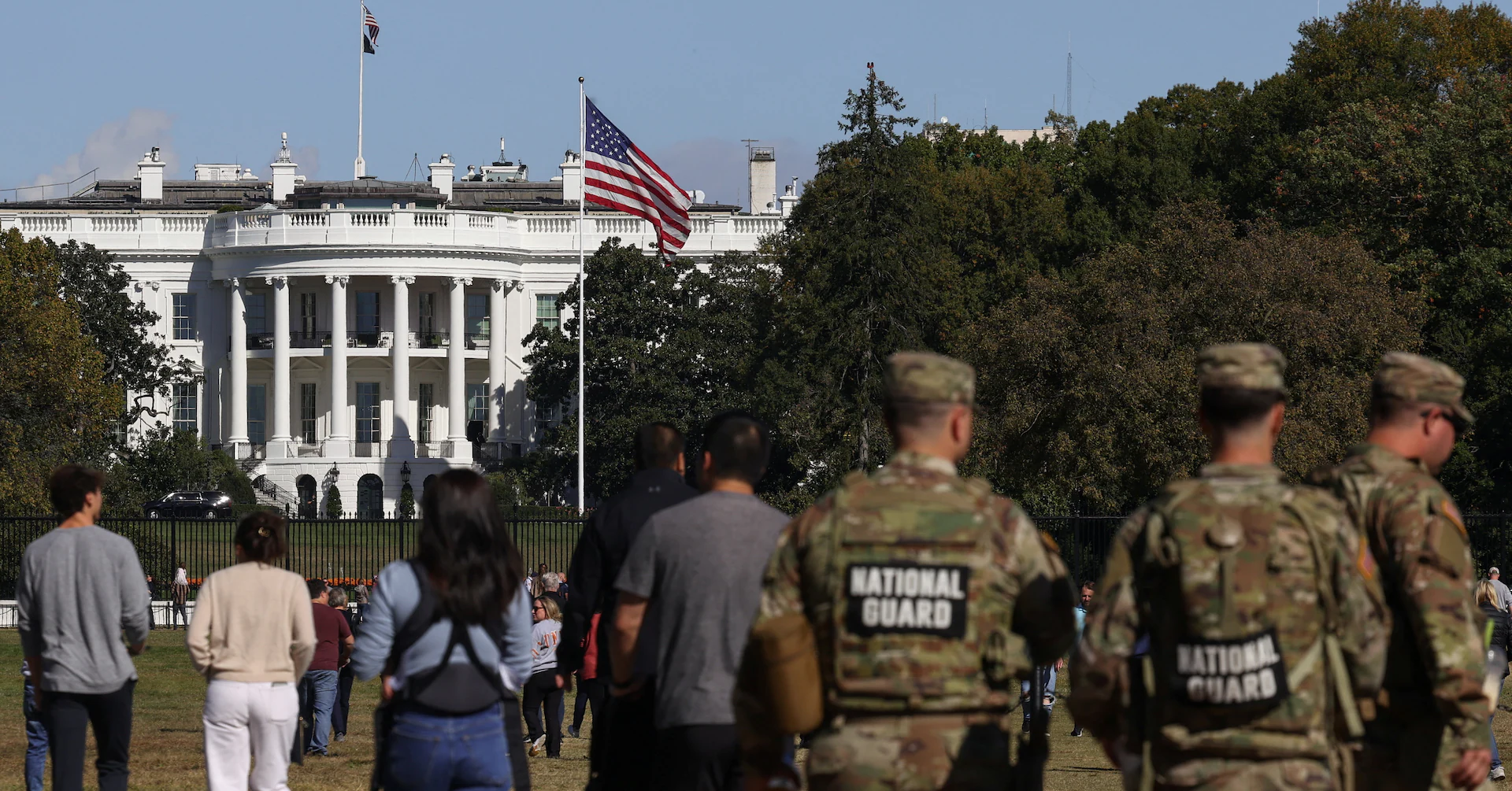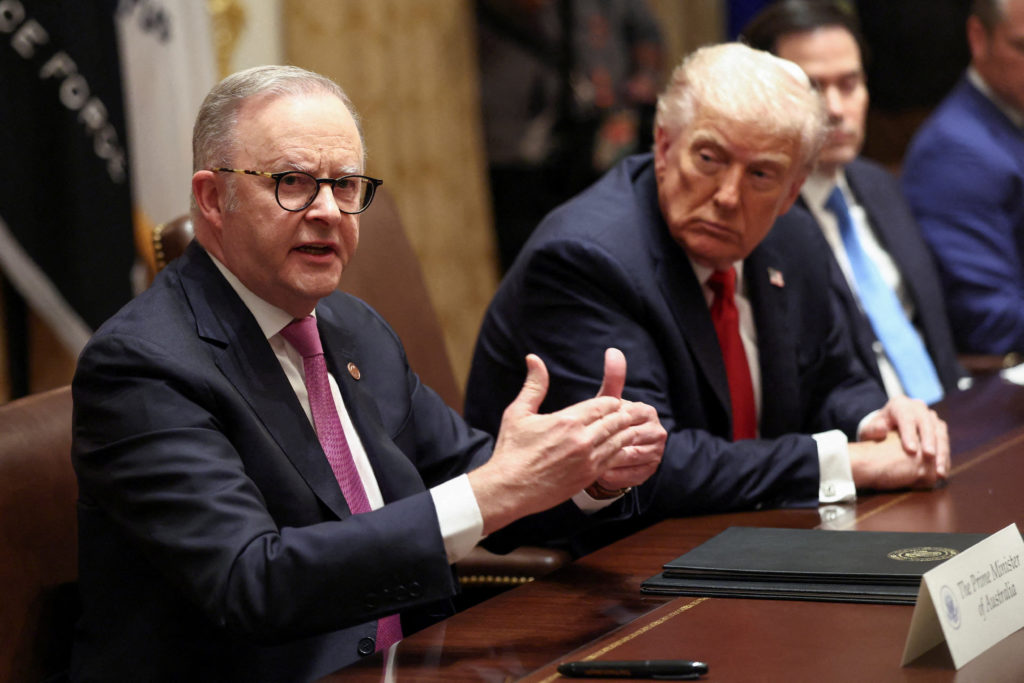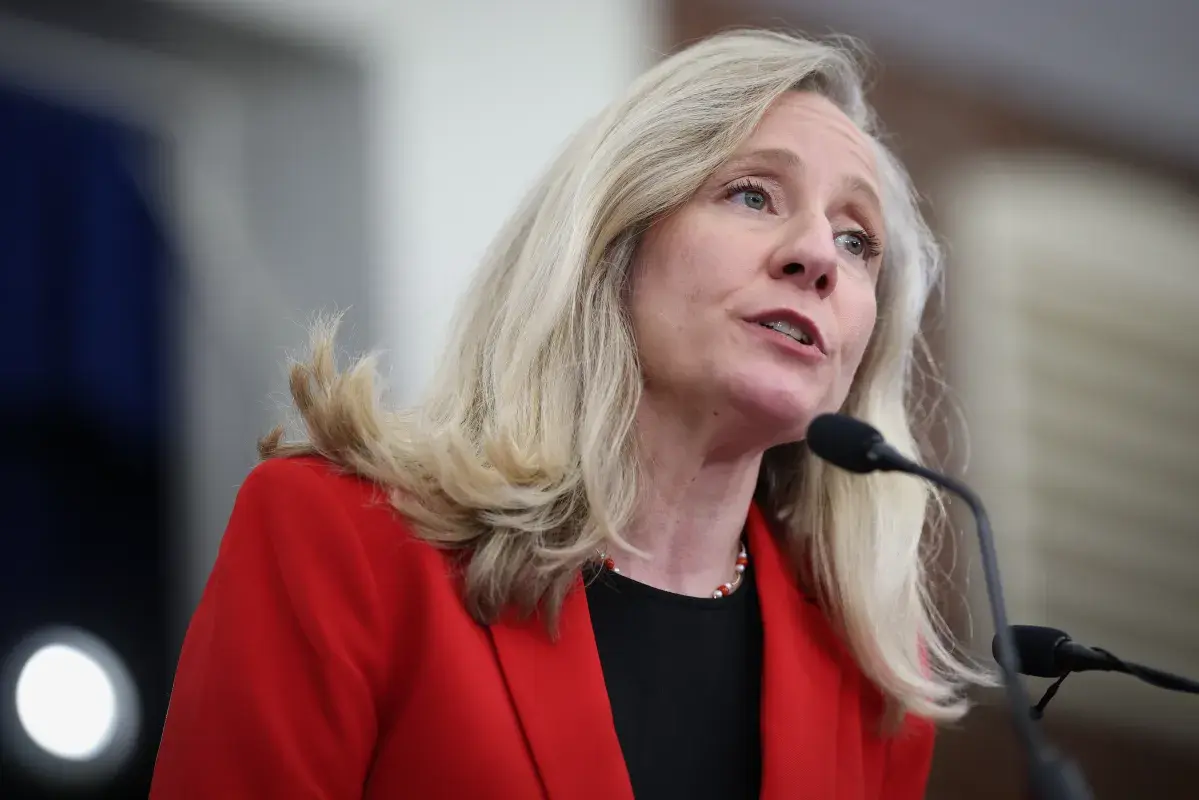Copyright Reuters

Oct 23 (Reuters) - President Donald Trump has ensured that federal immigration agents, U.S. Border Patrol officers, FBI special agents and active-duty military personnel continue receiving paychecks during the government shutdown, even as hundreds of thousands of civilian federal workers are furloughed or are working without pay. This selective funding strategy offers a revealing glimpse into Trump's governing philosophy as the shutdown enters its fourth week - one that prioritizes jobs that advance his core national security and immigration goals. Sign up here. Political analysts and eight federal employees interviewed by Reuters said this approach risks creating a two-tiered federal workforce divided by function, potentially undermining public services handled by civilians as the shutdown continues. The employees said the tactic could also erode morale across the government at a time when Trump's wholesale overhaul of the federal workforce has posed huge challenges for historically non-partisan agencies. Illustrating the administration's partisan stance, Vice President JD Vance told Marines at an event in California on Saturday that Trump was doing all he could to compensate them, while casting congressional Democrats as indifferent to a shutdown that could delay troops' pay. Julian Zelizer, a professor of history and public affairs at Princeton University, said more than any other modern president, Trump is using a shutdown to prioritize pay to a subset of workers to advance his agenda. His attempt to fire workers during a shutdown was also a first, he said. "It's like a really fine-tuned partisan response to the shutdown that's different than in previous years," said Zelizer. Trump signed an order last week directing the Pentagon to make sure that the country's 1.3 million active-duty military personnel continue to be paid. The administration said it would tap unused research and development funds to cover their October 15 paycheck; funding for the next payday on November 1 remains unclear. The administration has also established carve-outs to pay more than 70,000 law enforcement officers across the Department of Homeland Security, including those at Customs and Border Protection, Immigration and Customs Enforcement, the Secret Service and the Transportation Security Administration. That decision protects the gun-carrying agents who are implementing Trump's immigration crackdown, his top domestic priority, while leaving roughly 1.4 million federal workers - including some 700,000 furloughed - without a paycheck. The federal workers who are not being paid, however, include everyone from IT specialists in the U.S. Army, to Social Security customer support workers, to air traffic controllers. Traditionally, unpaid workers get back pay once a shutdown ends, though Trump has threatened to scrap that guarantee. White House spokesperson Abigail Jackson said the blame for any missed paychecks rested with the Democrats. "The Trump Administration wants every federal worker to be paid – that’s why we have repeatedly urged the Democrats to reopen the government," she said. WORKERS WILL MISS FIRST PAYCHECK FRIDAY All eight of the federal employees interviewed by Reuters said they backed the move to pay active-duty military, reflecting longstanding bipartisan support for prioritizing the troops during shutdowns, partly on national readiness grounds. Most of those interviewed, however, also expressed displeasure with the pay exceptions made for ICE agents and other workers like sky marshals, seeing it as divisive and likely to generate resentment should the shutdown drag on. "Everyone with their feet on the ground, who deals with the safety of others should be getting paid," a Transportation Safety Officer at Dallas-Fort Worth Airport told Reuters on condition of anonymity. The full impact of the shutdown will hit workers like Katrina Wynn, a furloughed IT specialist at an Army base in Alabama, starting on Friday, when hundreds of thousands of civilian federal workers will miss their first full paycheck after receiving a partial one two weeks earlier. "What upsets me about this administration is the divide that's being forced on us," said Wynn. "They're playing party when they should be (focused on) people." EXPERTS QUESTION LEGALITY OF TRUMP FUNDING MOVES Democrats are insisting that any spending bill to reopen government extend healthcare subsidies for millions of Americans that are due to expire at the end of December. Trump and Republican lawmakers have shown no signs of bending to the Democrats' demands. As part of his pressure campaign, Trump has tried to fire thousands of federal workers - a move temporarily blocked by a federal judge in California following a lawsuit by unions alleging the layoffs exceeded his authority during the shutdown. Union leaders say they are also upset about pay going only to select workers, but have so far refrained from taking legal action on that issue, reflecting a reluctance to disrupt pay going to some of their members. "To force employees to work shoulder to shoulder to accomplish those missions and only pay some of them is extremely unfair and disrespectful to the work they do for this nation," said Doreen Greenwald, president of the National Treasury Employees Union, which represents 150,000 federal workers at more than 30 agencies, including Customs and Border Protection. At the FBI, special agents are being paid while intelligence analysts and other support staff are not. That has hurt morale at the agency, one special agent told Reuters on condition of anonymity, expressing concerns that unpaid staff burdened by financial worries would be less effective at work. In a statement to Reuters, the FBI said it considered all staff critical to its mission and was "pursuing options to pay all employees" without specifying possible funding sources. The selective pay structure is part of what White House budget director Russell Vought has likened to a game of "budgetary Twister" to identify pots of money for salaries. Funding for the "supercheck" issued this week to compensate ICE and other select DHS agents through the next pay period was coming out of Trump's massive tax-cut and spending bill passed in July, according to a DHS spokesperson. Democrats and experts on presidential power have questioned the legality of the administration repurposing funds in a way not prescribed by Congress, which has the authority to control government spending under the U.S. Constitution. "We typically read the Constitution to say that Congress has the power of the purse," said Sarah Binder, a political science professor at George Washington University. "There does seem to be a problem here about whether or not there's any authority to be moving money around." Reporting by Nathan Layne, additional reporting by Doyinsola Oladipo in New York and Idrees Ali and Ted Hesson in Washington, editing by Ross Colvin and Diane Craft



